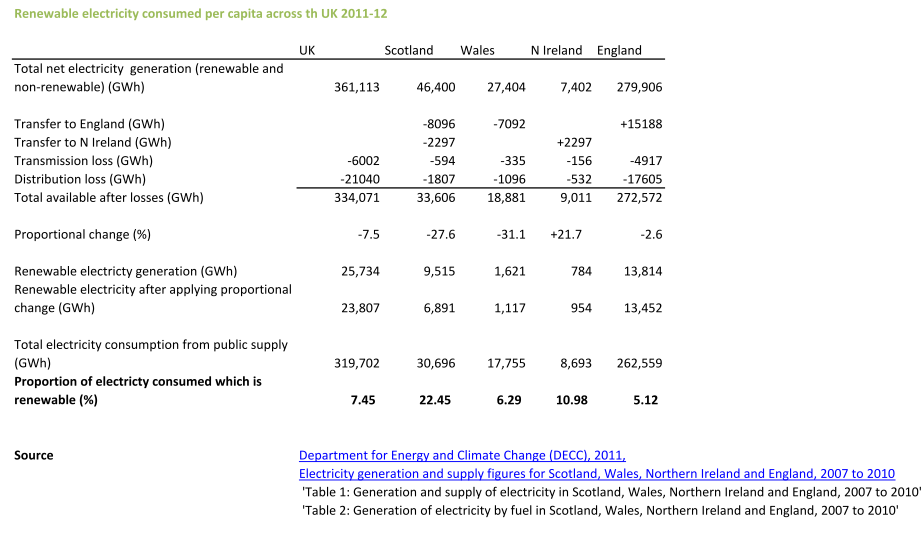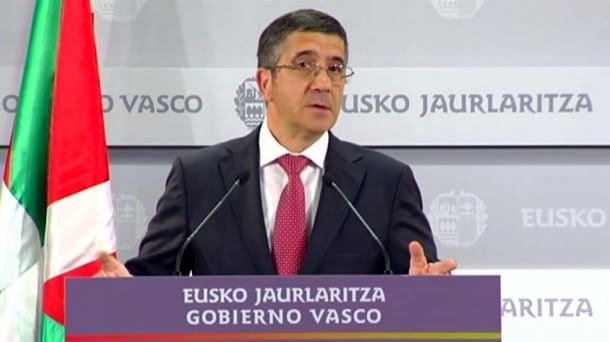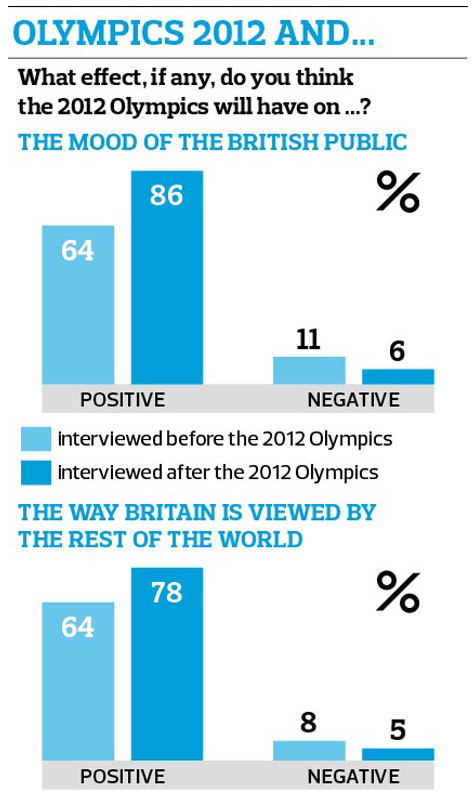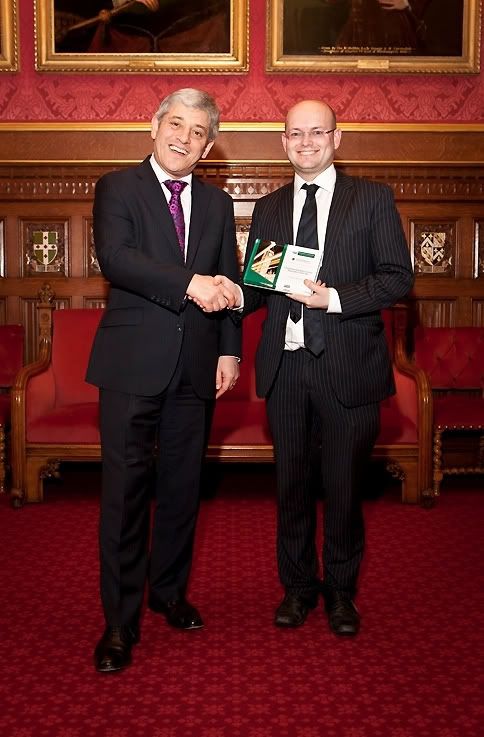One of the big policy debates within the SNP is whether they should change their position about not seeking to be a member of NATO if they were in government in an independent Scotland.
So people might be interested in two documents that have just been produced by SNP CND arguing against the proposed change:
Q & A – NATO and Nuclear Weapons
NATO, Trident and Scottish Independence
I thought it would be useful to compare Scotland's situation with that of Wales. In principle, I have never had any objection to an independent Wales being a member of NATO. For me, the argument that by being part of this alliance we are therefore relying on nuclear weapons for our defence has never held water. My reasoning is that it is impossible to use such weapons for defensive purposes, and therefore they are irrelevant to our defence irrespective of what other countries might believe. No country is required, or expected, to see eye-to-eye with its allies on every issue. It is sufficient for the alliance to have a common purpose—namely that of mutual defence—but not necessary to agree on the type of weapons needed to implement that defence.
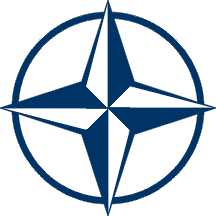
I do, however, have grave reservations about the direction NATO has taken in recent years, particularly over Afghanistan and Libya. So I'd like to repeat what I said in March last year, when NATO decided to intervene in Libya:
... The issue I want to focus on is why NATO as an organization should become involved. I don't think anyone could read the North Atlantic Treaty of 1949 as anything other than setting up an alliance for mutual defence in response to an attack on any of its members. Yet NATO seems to be inexorably changing into a force that is openly being used for offensive purposes.
Perhaps, but only perhaps, one could claim that the security of some of NATO's member countries was threatened by Afghanistan. I would call it an indirect and at best a very tenuous link. Yet NATO is there, halfway across the world from the legitimate sphere of concern set out in its founding treaty. However in the case of Libya, there is absolutely no threat to the security of any other country, let alone one that is a member of NATO. It is a purely internal matter.
So it is perhaps legitimate for countries such as the USA, France and the UK ... plus others such as Belgium, Canada and Qatar to conduct attacks in Libya in their own right, as an "alliance of the willing". But it cannot be legitimate for a defensive organization to conduct such attacks, even if all 28 members were to agree that they want to be involved in the operation.
NATO has served us well over the past 60 years, and all organizations need to adapt over time; but to my mind these fundamental changes are now taking NATO way beyond its intended purpose and can only weaken it. In Afghanistan we have already seen the reluctance of some members to contribute their own forces to operations they aren't keen on. Albania, Bulgaria, Croatia, Iceland and Luxembourg have not contributed to the NATO led forces in Afghanistan, other members only contributed limited logistic support and others seem only to have made a nominal contribution on condition that their armed forces were as far out of harm's way as possible. In this new operation in Libya even fewer will take part. This is quite understandable, but by setting the precedent of only taking part if you want to, NATO runs the risk of countries taking the same attitude if any member were actually to be attacked ... and that's what it's really there for.
Syniadau, 28 March 2011
In short, if NATO remains a defensive organization I have no objection to an independent Wales being a member. But if NATO continues to get involved in operations that have nothing to do with defence, we should not seek to be part of it. At the very least we should be given cast iron guarantees that we could opt out of any operation which we consider not to be for defensive purposes.

If I'm any judge of the general opinion within the SNP, I think they would take exactly the same view ... if it were not for the fact that the UK's nuclear weapons are currently based in Scotland. So we need to look at that issue.
One of the things highlighted in the documents I linked to is how difficult it has been for other countries in NATO to get rid of the nuclear weapons that are based in their countries. There are nuclear weapons in Belgium, Germany, the Netherlands, Italy and Turkey ... and the first three want to get rid of them, but can't. This is an extract from the SNP CND report:
Successive parliaments in Belgium have, since 2005, called on their government to put forward proposals for the withdrawal of US nuclear weapons. In April 2010 the Dutch parliament adopted a resolution urging their Foreign Minister to tell the US Government that the weapons in Holland should be withdrawn. Most political parties in Germany, including the Free Democratic Party (FDP), are opposed to the presence of these weapons. Since 2009, the FDP have been part of the coalition government and have filled the post of Foreign Minister. The FDP insisted that the coalition agreement includes a clause calling for the removal of US nuclear weapons from Germany.
The question of what to do with these bombs had been a topic of discussion within NATO for many years. In 2010, a concerted move was made by Germany, Belgium and the Netherlands to urge NATO to rethink its nuclear policy. However, this initiative has run into the sand. The alliance set up a Deterrence and Defence Review. The final drafting of the report from this review was dominated by a Quad of four countries, three of which were the states with their own nuclear weapons (Britain, France and the US). The report, agreed at the Chicago summit in May 2012, not only failed to recommend any significant change in nuclear policy, but it endorsed America’s plan to spend $11 billion modernising the B61 bombs. This B61-12 programme will turn these freefall nuclear bombs into precision guided weapons.
Germany, Belgium and the Netherlands could insist that the US must remove nuclear weapons from their soil. However, in each case, the democratic will of the population has not been carried out, because it was in conflict with the desire to maintain cohesion and consensus within NATO.
SNP CND – NATO, Trident and Scottish Independence
If these three countries have had so much difficulty in getting a fellow member of NATO to remove its nuclear weapons from their soil, the precedent has been set for the RUK to be equally intransigent over the removal of its nuclear weapons from Scotland. Bear in mind that the B-61 bombs are small and therefore there is no real technical difficulty in moving them elsewhere. That isn't the case with Trident.
I think a very good case could be made for saying that if Scotland is serious about getting rid of the nuclear weapons based there, they will find it harder to do if they become a member of NATO for purely political reasons.
-
There is a second factor which complicates matters even further. It hardly needs saying that CND as an organization is committed to getting rid of all nuclear weapons. It is clear that they regard getting rid of nuclear weapons from Scotland as a way of forcing the RUK to get rid of its nuclear weapons completely, because there is no obvious place to build alternative facilities.
I'm not at all comfortable with this. It is one thing for the government of an independent Scotland to decide to get rid of nuclear weapons, but it isn't right to exploit that situation to force what is left of the UK to get rid of its nuclear weapons too. Like it or not, the UK has democratically elected governments which have consistently chosen to retain nuclear weapons.
The government of an independent Scotland could no more say to the government of the RUK that it's their problem and they have to deal with it than the Dutch government could say it to the Americans. What can the Dutch do? Put the B-61s onto a barge, tow it to the middle of the Atlantic and tell the Americans to come and get them? Governments need to act in a rather more responsible way where nuclear weapons are concerned.
And that's the nub of the problem. Like it or not, there is currently nowhere else for Trident to be based. The weapons will have to stay in Scotland until the RUK builds new bases for the missiles and submarines or decides to decommission them. Either course of action will take time. Therefore the only practical option is for the RUK to retain a ten or fifteen year lease on the Faslane and Coulport bases, and the test of their good faith in removing the submarines and missiles when the lease expires will be whether they start to build alternative bases for them within the next few years.
However that has nothing to do with whether an independent Scotland is a part of NATO, which removes the argument that not being part of NATO is the only way to ensure that the weapons are removed from Scotland.

Which brings me back to the point from which I started. Nuclear weapons have nothing to do with membership of NATO. The real issue is the nature of NATO itself, and specifically what direction it might take in future.
If the SNP believes that NATO's aggressive operations in places like Afghanistan and Libya are not going to become the norm then NATO is an organization that is worth joining. If it's good enough for Norway, Denmark and Iceland, friendly countries that Scotland's armed forces will need to work with to defend themselves and Europe against any threat from the north, then it makes good sense for Scotland to be part of that defence structure. Besides that, NATO could do with another voice arguing to prevent it becoming involved in non-defensive operations such as Afghanistan and Libya.
So to my mind, the only reason to retain the policy of not joining NATO is if the SNP is convinced that NATO has moved irreversibly beyond its stated treaty aims to become an organization by which the USA and other countries (including, sadly, the UK) can seek to impose their will on other parts of the world through the use of force.

